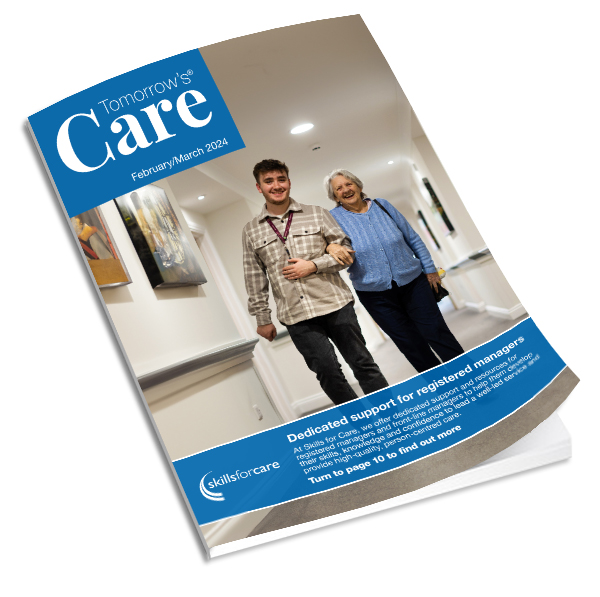- Home
- >
- NHS cancer services crisis
Cuts threaten NHS cancer services

NHS cancer services in England are at tipping point as staff fight a ‘rear-guard action’ to keep services viable for cancer patients, according to a new report commissioned by Cancer Research UK.
The research found unmanageable demand, a lack of leadership, and fragmentation of services across the patient pathway. It comes after waiting times for cancer treatment have been missed for the first time.
Current national targets require 85% of patients to start treatment within 62 days of being referred by their GP. Figures have fallen below this standard for the first time since it was introduced in 2009.
In 2013/14 alone, over 1.4 million patients in England were referred by their GP for suspected cancer. This represents a 50% increase in referrals from 2009/10.
There have also been significant increases in the number of diagnostic tests being carried out and the number of patients receiving treatment for cancer following a referral from their GP.
Yet, real-term spending on cancer fell from £5.9 billion in 2009/10 to £5.7 billion in 2012/13. On top of this, a £30 billion funding gap between 2013/14 and 2020/21 is predicted if current funding levels stay as they are.
The charity commissioned Health Services Management Centre at the University of Birmingham to conduct interviews and surveys with clinicians, commissioners, GPs, public health experts and patients.
Responses in the report revealed a strong consensus that urgent action is needed. One expert commented: “We need more funding. Instead of progressing/developing our cancer services which are already significantly underfunded, our services are actually being cut. It is becoming impossible to deliver all the new cancer targets and quality of care is deteriorating.”
Harpal Kumar, Cancer Research UK’s Chief Executive, said: “In their own words the people that have propped up these NHS services tell us in this report that ‘enough is enough’. They can’t go on like this with no help or support coming over the horizon. And they certainly can’t improve services so that our cancer outcomes are up there with the best in the world.
“More people are surviving cancer than ever before – survival rates in the UK have doubled in the last 40 years because research is delivering better diagnosis and treatments. But the number of cases is also going up as the UK population ages. This combination means we’ll be diagnosing more people, treating more people and helping more people recover from cancer in coming decades. The NHS will need to be fit to meet that purpose and that needs increased investment, planning and leadership now.”
- CQC ratings
- Care home news
- Care jobs
- Care planning
- Care sector awards
- Care sector events
- Care sector news
- Care staff
- Charity
- Cleaning & Hygiene
- Construction
- Dementia
- Disability
- Entertainment
- Finance
- Fitness
- Food & Drink
- Fundraising
- Furniture
- Health & Safety
- Healthcare
- Hospice & Palliative Care
- Hospitals
- Industry Comment
- Interiors
- Laundry
- Legal
- Leisure
- Medication
- Mental Health
- Mobility
- New appointments
- PPE
- Products
- Property
- Recruitment
- Relationships
- Research
- Safeguarding
- Security
- Services
- Social care
- Sustainability
- Technology
- Training
- Transport
- Uniforms
- Waste
- Wearables

















